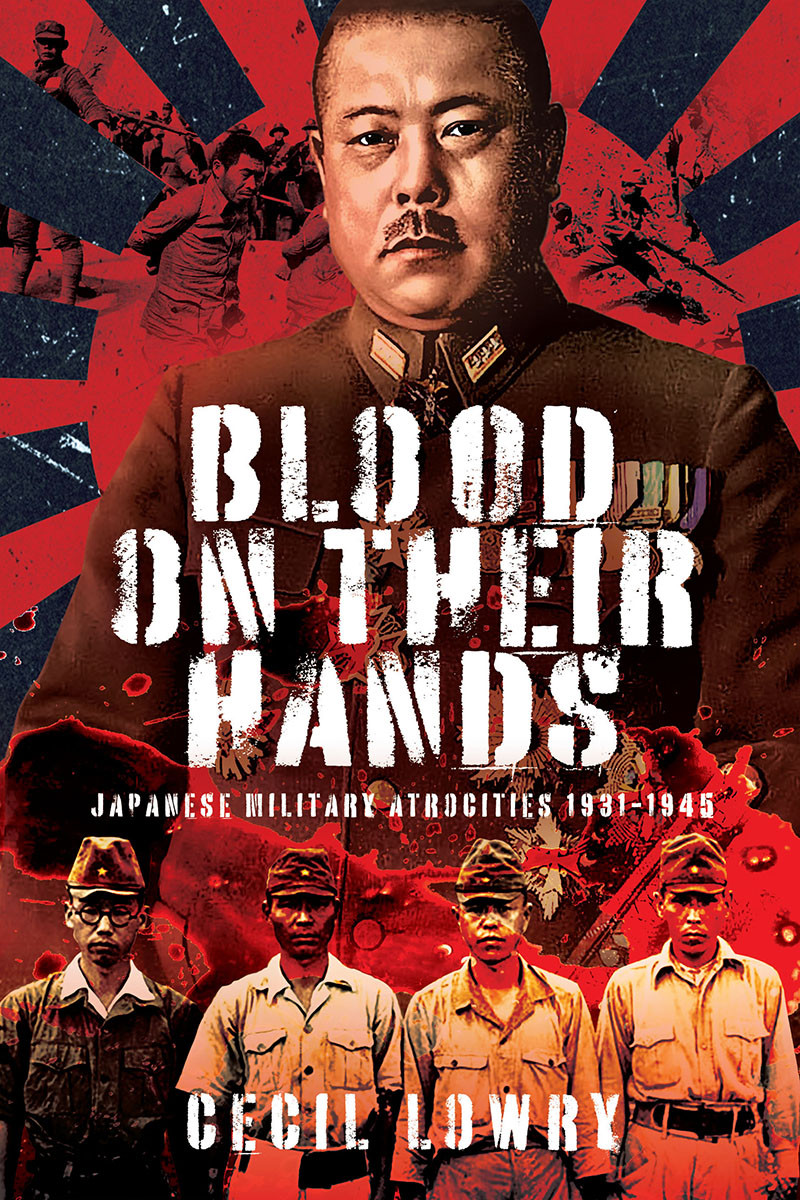

Most ebook files are in PDF format, so you can easily read them using various software such as Foxit Reader or directly on the Google Chrome browser.
Some ebook files are released by publishers in other formats such as .awz, .mobi, .epub, .fb2, etc. You may need to install specific software to read these formats on mobile/PC, such as Calibre.
Please read the tutorial at this link: https://ebookbell.com/faq
We offer FREE conversion to the popular formats you request; however, this may take some time. Therefore, right after payment, please email us, and we will try to provide the service as quickly as possible.
For some exceptional file formats or broken links (if any), please refrain from opening any disputes. Instead, email us first, and we will try to assist within a maximum of 6 hours.
EbookBell Team

0.0
0 reviewsBlood on Their Hands: Japanese Military Atrocities 1931–1945
An overview of the inhuman behavior of Imperial Japanese Army during the years leading up to and during World War II.
From its invasion of Manchuria through to the Allies’ victory in 1945 the Japanese Imperial Army was guilty of widespread atrocities against its enemies and, in particular, the civilians of occupied countries. Massacre, human experimentation, starvation, forced labour and even cannibalism were commonplace during that period. It has been estimated that the number of deaths which resulted from these atrocities range from anything from three to fourteen million people.
Using this appalling record the author explains in graphic detail the cruelty of Japanese military forces, drawing attention to the impact on ordinary people. He explores the possible reasons why people committed such horrendous acts.
Seventy-eight years have passed since the surrender, yet the Japanese government has never squarely acknowledge their crimes, nor has it made an official apology. Over the years since, a handful of extreme right-wing elements in Japan has depicted the war and the atrocities as ‘the liberation of backward nations.’ They have attempted to reinterpret bloody massacres as 'a self-defensive holy war.'
As his father Hugh Lowry suffered grievously as a Prisoner of War on the infamous Thai/Burma Railway, the author knows first-hand of the lasting psychological and physical wounds suffered by victims of Japanese brutality. This disturbing book should serve as a warning that such extreme and widespread behaviour should never be repeated.